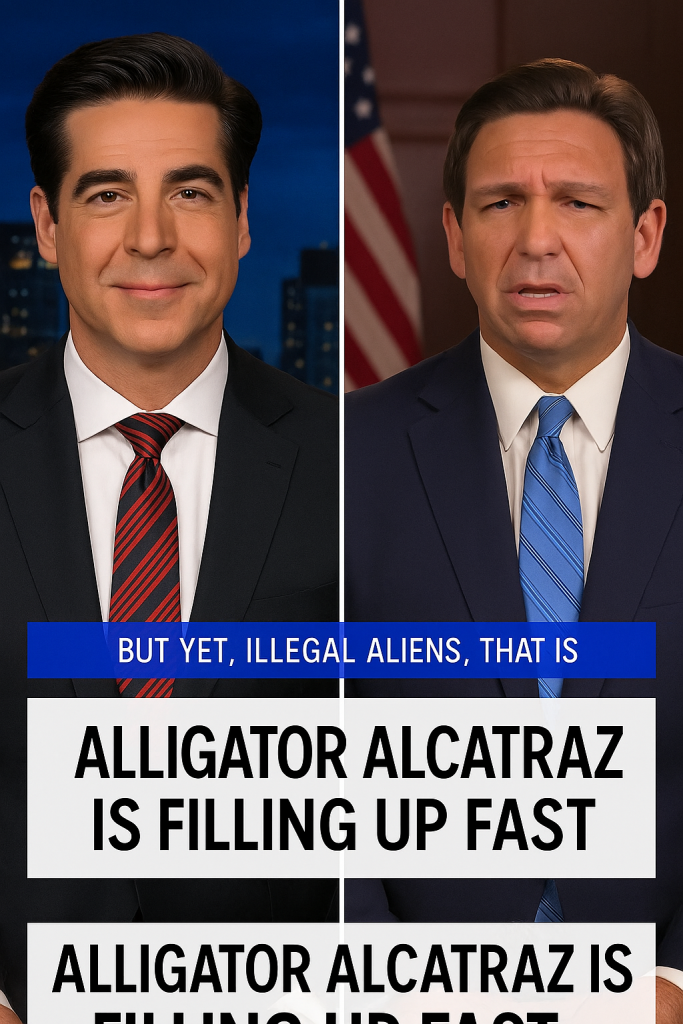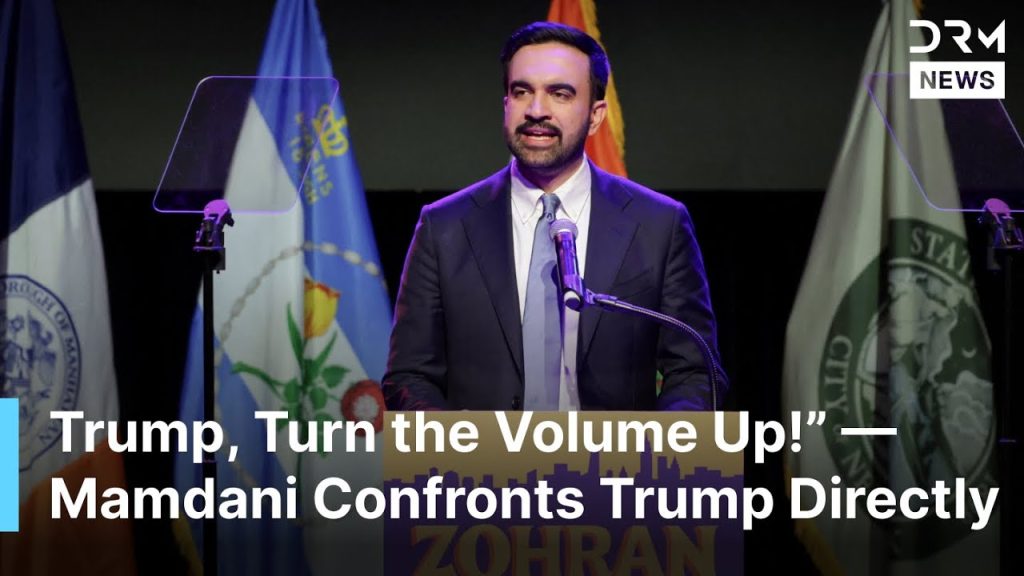Florida Governor Ron DeSantis recently stepped up to defend the controversial migrant detention facility known as Alligator Alcatraz, directly addressing criticisms about the camp’s conditions during an interview on a popular primetime political talk show. The facility, which has sparked intense debate over immigration policy and humanitarian treatment, was portrayed by DeSantis as a necessary tool in strengthening immigration enforcement—despite complaints that its conditions fall short of basic comfort and dignity.
Speaking on the program, DeSantis acknowledged that Alligator Alcatraz is not designed to be a luxury hotel. “We did not create the Four Seasons. That’s not the intent of this,” he emphasized, pushing back on critics who argue the facility’s setup is inhumane. The governor underscored that the standards maintained at the site exceed all legal requirements for detention centers, saying, “All the standards are a lot higher than what was even required.”
The facility, located on decommissioned land in Florida and styled with a stark, utilitarian approach, has been a centerpiece of DeSantis’ aggressive stance on immigration. He asserted that Alligator Alcatraz serves an important federal function by improving the government’s ability to expedite deportations of individuals who have entered the country illegally. “Alligator Alcatraz is going to enhance the ability of the federal government to do more deportations of illegal aliens and that’s what people want to see,” DeSantis said in the interview.
This response comes amid growing public attention to conditions at the facility, which holds migrants mainly from Latin America. Advocates and migrant rights groups have described Alligator Alcatraz as austere and inadequate, raising concerns about overcrowding and basic supplies. However, state officials maintain the camp is designed to provide safe and secure accommodations within the scope of immigration enforcement priorities.
DeSantis defended the facility’s operational ethos, reiterating his belief that it sends a strong message against illegal immigration by discouraging attempts to cross the border unlawfully. He framed the approach as aligned with public sentiment in Florida and beyond, where tough immigration measures have become increasingly popular among conservative voters heading into the 2024 election season.
Critics argue the facility’s conditions reflect a punitive approach rather than a humanitarian one, calling for more comprehensive immigration reform rather than expanding detention setups. Supporters, however, laud DeSantis for taking concrete action on border security and immigration enforcement in ways that federal authorities have struggled to achieve.
The discussion around Alligator Alcatraz illustrates the broader national debate on immigration policy, enforcement, and detention practices. DeSantis’ staunch defense highlights his role as a prominent conservative figure pushing a hardline agenda, leveraging the facility as part of his political brand going forward.
As the immigration issue remains a flashpoint in U.S. politics, the conditions and operations of Alligator Alcatraz are likely to stay in the spotlight, sparking ongoing debate between immigration advocates, government officials, and the American public.



